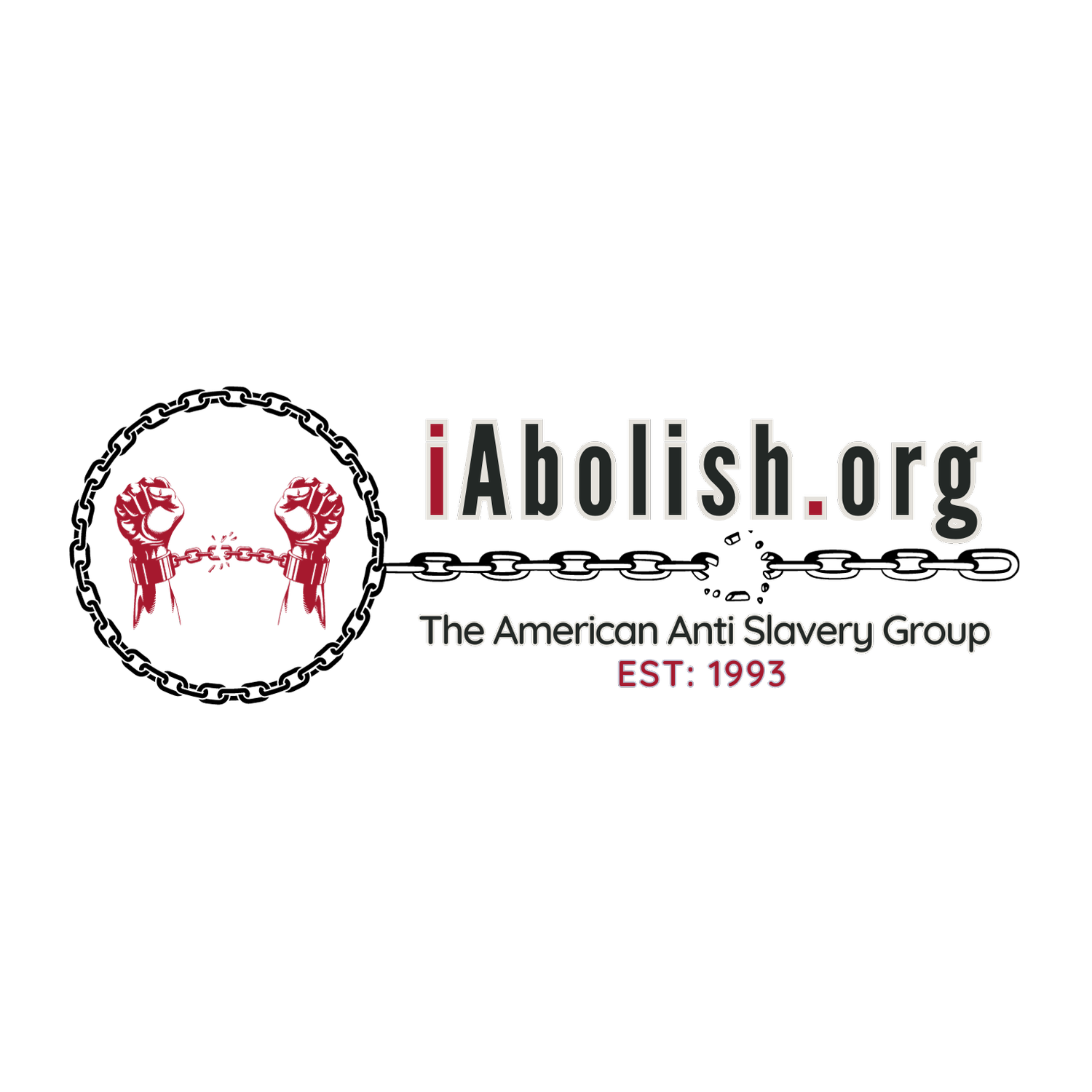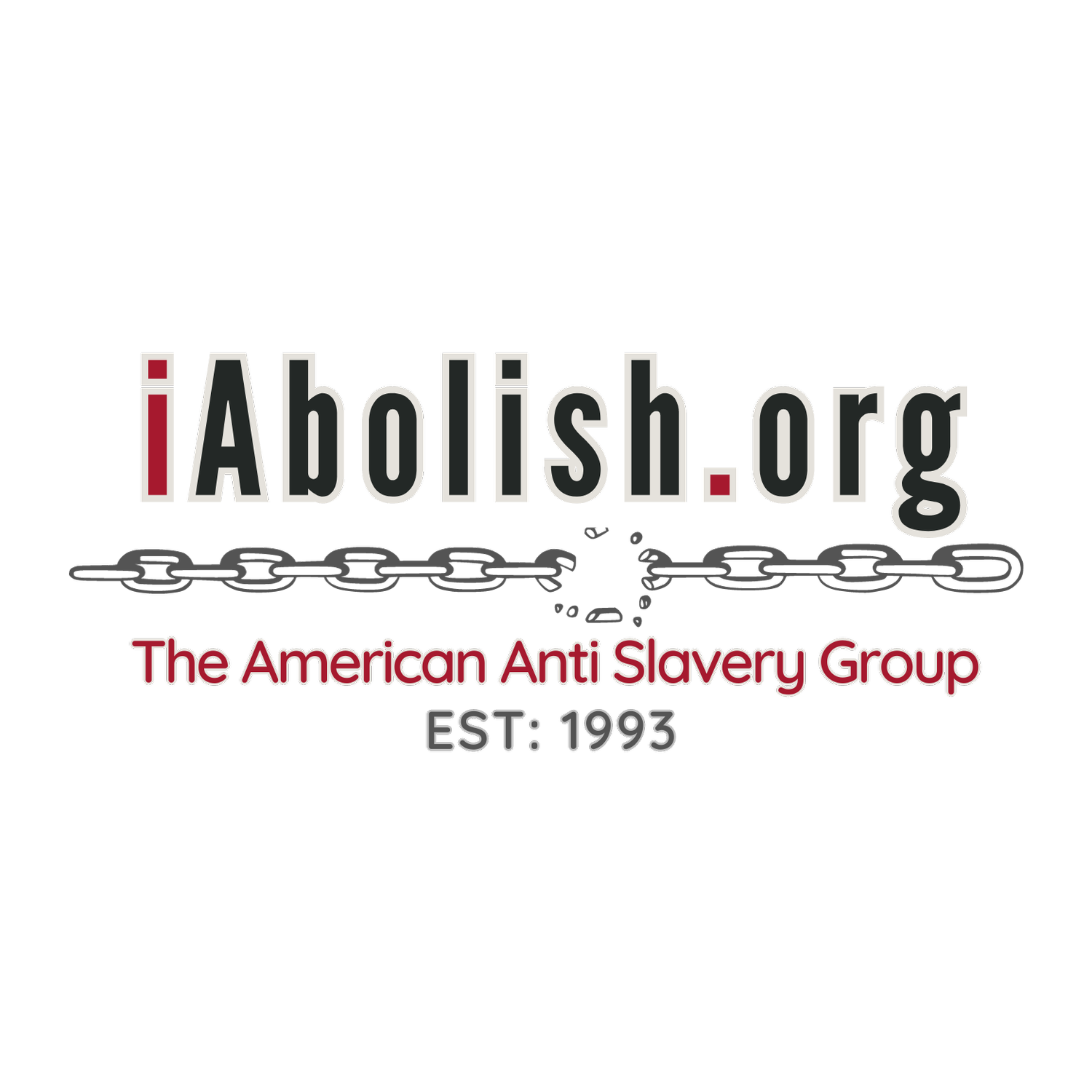One Man Stands in the Way of Freedom
Nation of Islam leader Louis Farrakhan addresses a crowd of 18,000 at Joe Louis Arena in Detroit — February 21, 2014. (Romain Blanquart : Detroit Free Press via USA Today).
Louis Farrakhan has styled himself for decades as the most passionate, most authentic black leader of all time, and the most loyal to his race.
But in the 1990s, as reports emerged that blacks were being captured, bought, sold, and owned as slaves on the soil of their own continent, Farrakhan was not among the first black leaders to react.
And when he did react, he denied that modern-day African slavery existed, and began attacking those who were rallying support to free the slaves.
Why? Because the slave owners were Arabs and Muslims. And this fact does irreparable harm to Farrakhan and his Nation of Islam’s mission, which is to convince American blacks that Islam is their path to freedom.
And so, as the evidence seeped into the black media, beginning in earnest in 1995, representatives of the Nation of Islam mounted a concerted PR campaign to defeat the budding abolitionist movement. At event after event, NOI operatives slandered the evidence of slavery as a “Jewish-inspired” lie, and callously attempted to explain the allegations away.
An interview on WVON Chicago’s Cliff Kelley Show with Dr. Charles Jacobs and Mohamed Nacir Athié recorded July 20, 1994.
The front page headline “Arab Masters, Black Slaves” in the defunct black weekly newspaper The City Sun for the week of February 1 – 7, 1995, featuring the first of a flagship series of groundbreaking articles about slavery in Mauritania and Sudan by journalist Sam Cotton, where much of the Nation of Islam’s animosity to the abolitionist movement began. (The City Sun / American Anti-Slavery Group)
One particularly brave and eloquent black journalist, Sam Cotton (1947 – 2003), was physically threatened and followed when he investigated and reported on the on-going slave trade. Cotton was also publicly confronted by Farrakhan’s personal spokesman, Abdul Akbar Muhammad. In fact, after a heated discussion about slavery in Mauritania and Sudan on the black TV talk show Tony Brown’s Journal in 1995, Muhammad proclaimed that the allegations of slavery against the Arab government of Sudan were a “Jewish conspiracy” invented by the American Anti-Slavery Group with help from the CIA. (Muhammad then told Tony Brown, the host of the program, that he had not been given “equal time” to promote the NOI’s version of the facts, and Brown consented to a solo interview soon afterwards, in which Muhammad once again defended Sudan.)
Even as blacks were suffering the torments of slavery in North Africa, Farrakhan worked to keep the truth from the American black community. Farrakhan’s reach was far and wide. On March 13, 1996, Cotton and other anti-slavery activists spoke at a forum at Howard University only to find Farrakhan’s hand had reached into this citadel of black learning and leadership, and had put fear into the hearts of students and administrators.
After their appearance at Howard, the abolitionists testified at a more than four-hour hearing on Capitol Hill of the House Foreign Relations Committee’s subcommittee for Africa.
The very next day, March 14, at the National Newspaper Publishers Association, Farrakhan accepted a Newsmaker of the Year Award for 1995 at a special press conference, broadcast by C-SPAN. After the cameras were turned off and as Farrakhan was exiting the event, a journalist in the back of the function room shouted a question to Farrakhan about the enslavement of blacks in Africa by Sudanese Arabs. Farrakhan returned to the podium and let forth a fateful taunt. Shaking his finger at the reporter, Farrakhan bellowed, “If slavery exists, why don’t you go, as a member of the press?! And you look inside of the Sudan, and if you find it, then you come back, and tell the American people what you have found!”
The Baltimore Sun answered his challenge. Several months after his March outburst, the Sun sent two journalists — one white and one black — to Sudan where they purchased the freedom of two black Christian boys and were nominated for a Pulitzer Prize for their story.
Farrakhan was shown to be a liar, and to have favored his Arab and Muslim allies over his black brethren. Humiliated and defeated, he retreated and returned to ignoring the issue.
How can we understand these actions of Louis Farrakhan, supposedly the most uncompromising advocate for black people on earth, denying that black men, women, and children were other people’s property — in particular that of Arab Muslims?
Another aspect of the answer emerged not two months before Farrakhan’s public denial, when the Chicago Tribune revealed that “[Libyan dictator Muammar] Gadhafi, who loaned Farrakhan $5 million in 1984 for various Nation of Islam business projects, vowed this time to spend $1 billion on Muslim causes in the United States.” Clarence Page, the prominent black journalist who penned the article, also wrote that black Sudanese slaves, captured in hideous slave raids, were occasionally taken to Libya to be enslaved by Arab masters there. This meant that since at least the 1980s, Farrakhan had been a recipient of vast sums of money from Arab countries where blacks were enslaved (and as it turned out, Farrakhan was willing to do much more, and much worse, for his friends in Khartoum). To its everlasting credit, the Clinton administration successfully blocked Qaddafi’s billion-dollar loan.
But this is all in the distant past. Today, blacks are still enslaved, now in five African nations, by Arabs and Muslims.
It is very possible that only one sermon from Louis Farrakhan could launch the black American community into action to free these black slaves.
Farrakhan could truly — finally — live up to his concept of himself as the black man’s great emancipator. If the past is a guide for the future, however, sadly, it is unlikely that Louis Farrakhan will go down in history as much more than every black man and black woman’s most egregious betrayer.



